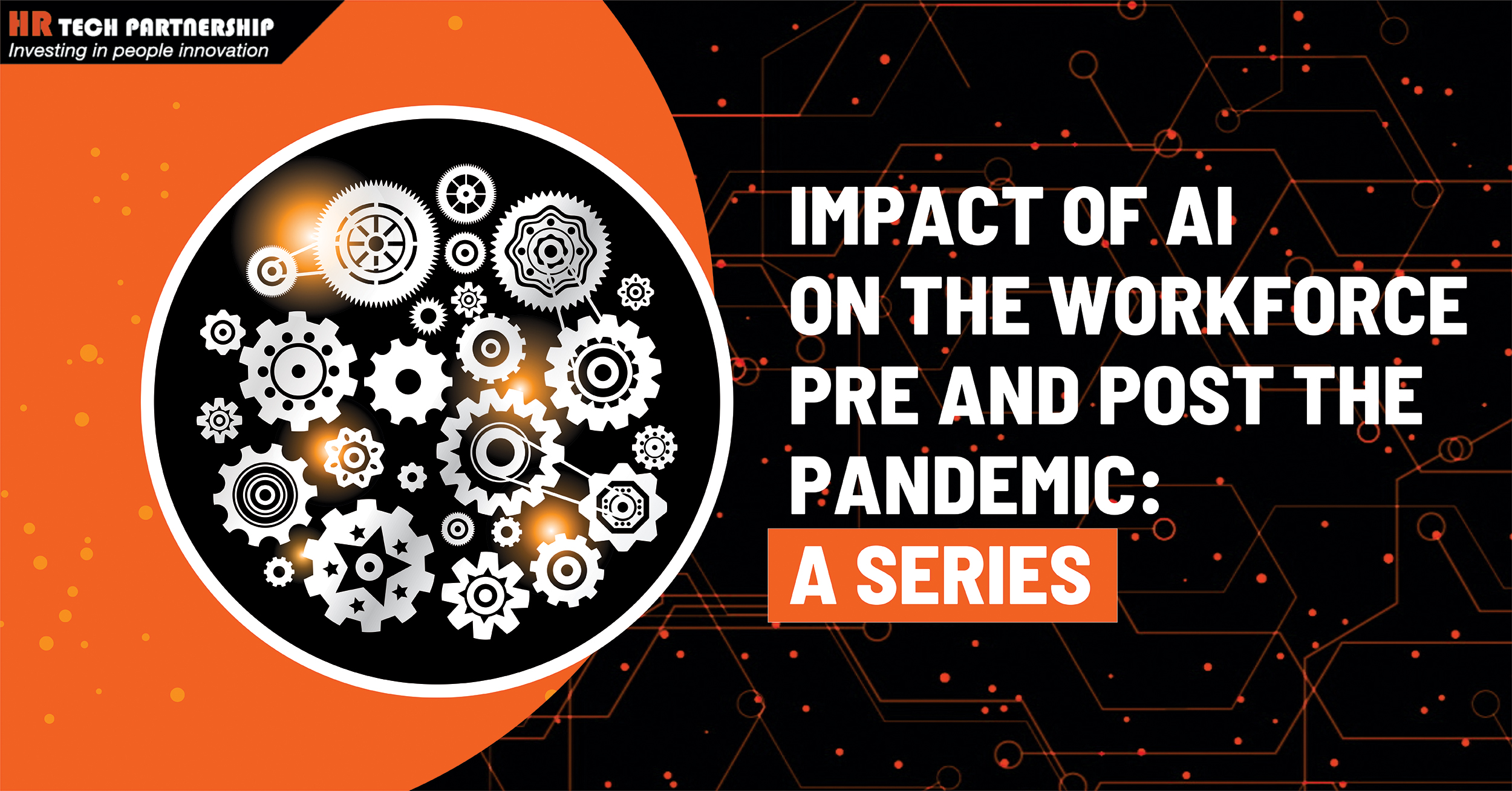With the sudden advent of COVID-19 – a global crisis of unprecedented scale, organisations now are compelled to understand and act on both immediate and long- term changes with respect to how people work and what the workplace looks like. The top priority is still to protect the health and safety of people, including their workplaces. And AI can help!
Pre-Pandemic
Over the last 25 years, technology (internet, mobile, cloud services) has revolutionised the way we work and live. With each wave, the cost of technology has decreased as it becomes more widespread. While AI is not new (it was invented around 30 years ago), it has been getting bigger and better and now becoming a major disruptive force.
How has AI traditionally impacted the workforce before the current crisis
AI, technology has been disrupting the workplace through a number of ways as listed below:
Key impact areas around the workplace :
- Operations and employee experience
- AI can be used to handle low-level tasks and take the pressure off the HR function in areas where it shapes the coordination of work, such as AI-powered recruitment, talent management, performance management/feedback & wellness.
- Employees can be empowered by the data available to them in health, productivity, and recruitment apps (among others), allowing them to have a personalised and fulfilling working experience.
- Augmentation
- AI expands worker capabilities, enabling them to focus more on customer service. Tools include chatbots, AI software (in call centres, for example) and VR onboarding to take care of first level enquiries.
- Disintermediation
- AI-based platforms remove the middleman to streamline processes. Tools such as recruitment marketplaces, gig economy platforms, L&D and talent management solutions put the employee in touch with the service provider directly.
- Collaboration
- Intelligent AI technology enables workers to communicate more efficiently –apps and software such as Slack or Microsoft Teams allow a much easier exchange of information.
- Substitution
- Many employees fear technology will result in replacement of their jobs with machines. Advances in technology can allow for this substitution, for example, robots in warehouses & manufacturing plants or the use of RPA in back-office functions. But these are often ‘physical, repeatable jobs’ that can enable workers to focus on other, more skilled areas.
As technology becomes more sophisticated and we move towards further automation of processes, workforce composition is also expected to change significantly, with many full-time positions being replaced by part-time roles or machines. As a result of all the above changes pre Covid19, many organisations were already required to re-think their leadership culture and design, as well as their data privacy and ethics policies.
Feedback from HR leaders on the role of AI (Pre COVID)
Even before the crisis, according to research by KPMG, 70% of HR executives recognised the need for workforce transformation. However, just 37% felt ‘confident’ about HR’s actual ability to transform and move them forward via key capabilities like analytics and AI. However, 60% were planning an investment in analytics and 47% in AI.
Post this global crisis, more organisations are compelled to make these transformations happen quickly to remain relevant and survive. The rise of AI is a great opportunity for HR to be proactive and an influential force in the times to come. It can enable them to minimize disruption and start creating a flexible digital workplace. One that is productive, efficient as well as safe for its employees.
One of the ways for corporates to understand the role AI can play in solving a real-life HR issue and help learn about digital disruption in a quick and agile manner is The Human Capital Digital Innovation Hub. Run by the London based HR TECH Partnership, it facilitates learning and adoption by corporates of agile start-ups around Talent and Workplace productivity. The team and most of its stakeholders have senior corporate experience and a good understanding of large organisation realities.
To know more visit www.hrtechpartnership.com/innovate
This is the first in a series of blogs around the Impact of AI on various aspects of talent and workplace productivity and our understanding of its relevance pre and post the Pandemic.

